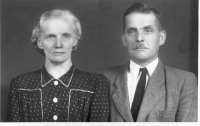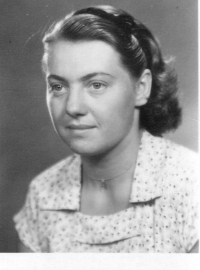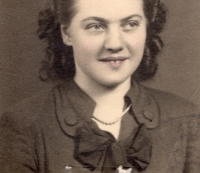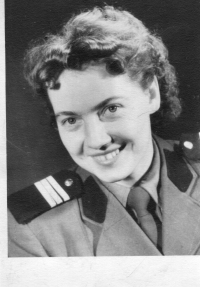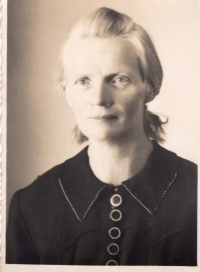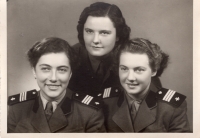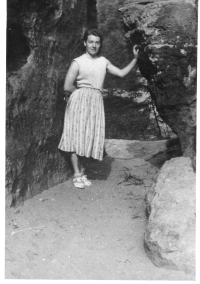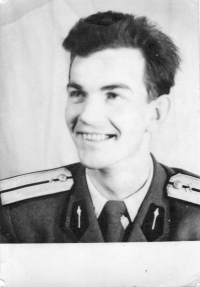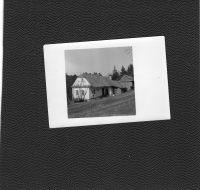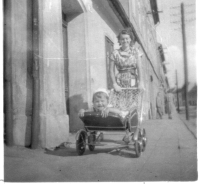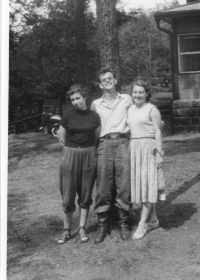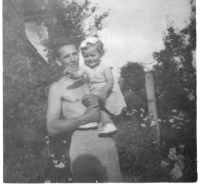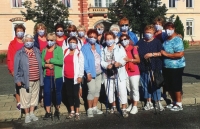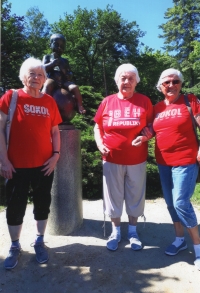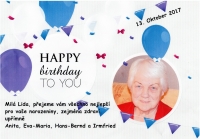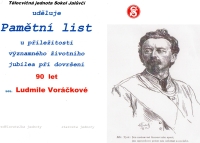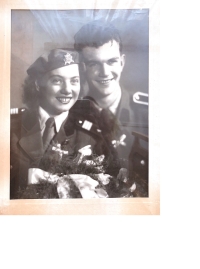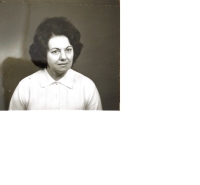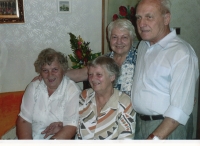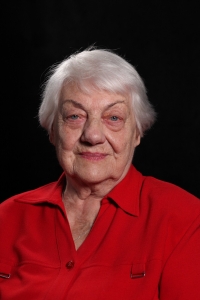In my bed lay a partisan commander who had been shot
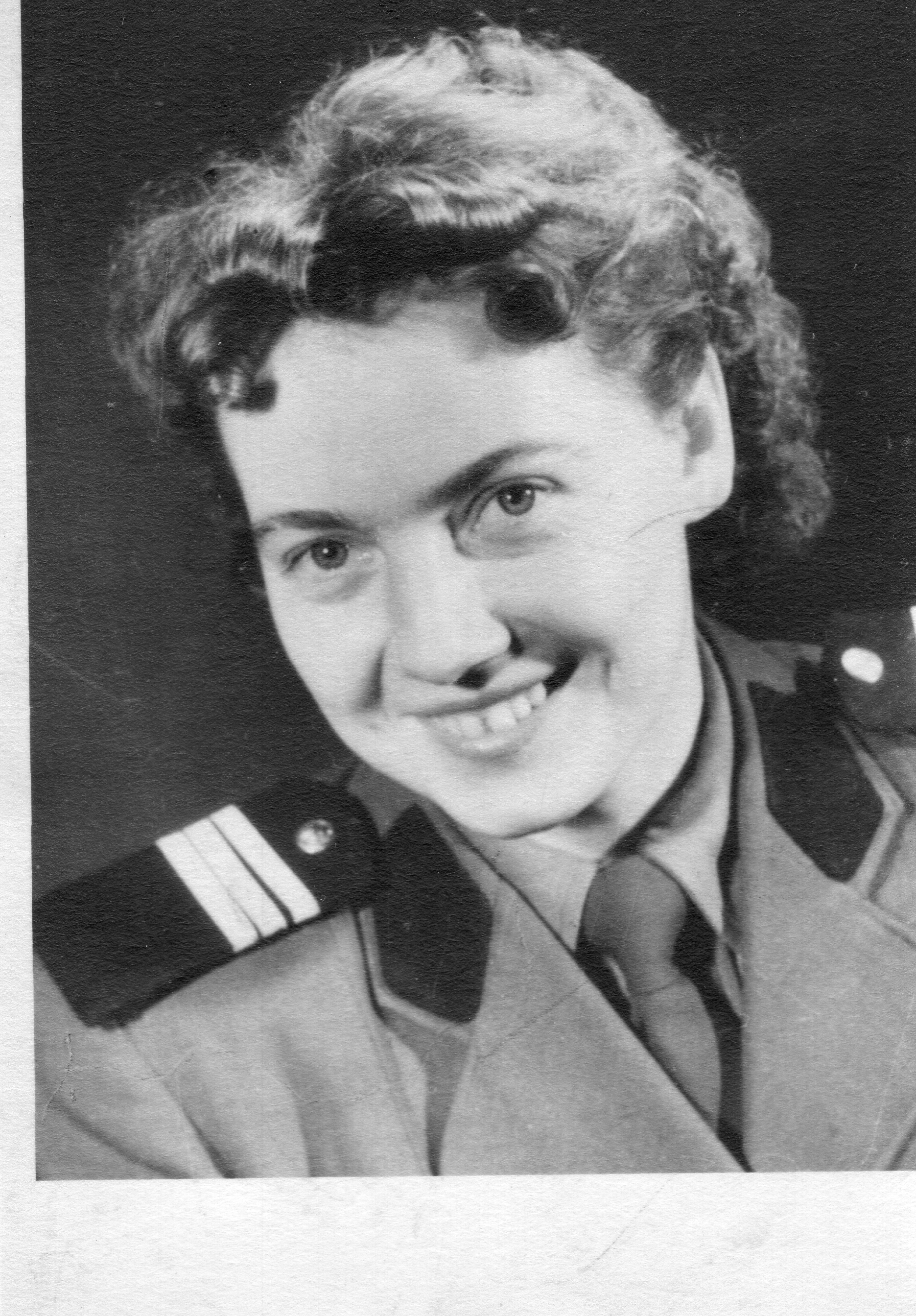
Download image
Ludmila Voráčková was born as the eldest of four children on 13 October 1931 in Hartinkov in the Moravská Třebová district, today the Pardubice district. The family lived in a house that had been inherited from generation to generation for three hundred years and had a small farm. During the war her father had to do forced labour, and when he returned, he helped the partisans. According to the witness, Hartinkov narrowly escaped the same fate as the neighbouring village of Javoříčko which was razed to the ground by an SS commando in 1945. From an early age Ludmila went to exercise in Orel, then she joined Sokol, of which she is still a member. All her life she worked as a professional soldier, as did her husband. At the time of the interview in 2022, she lived in Děčín and actively participated in Sokol meetings and exercises. She had three children, six grandchildren and nine great-grandchildren.
